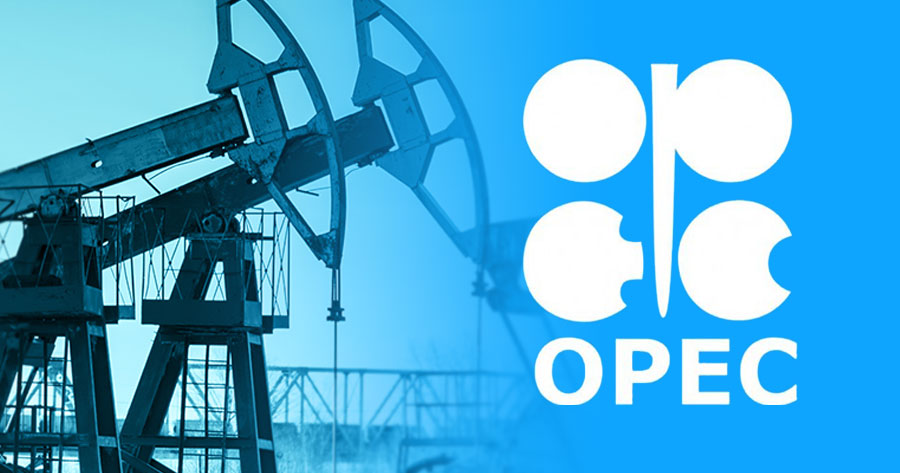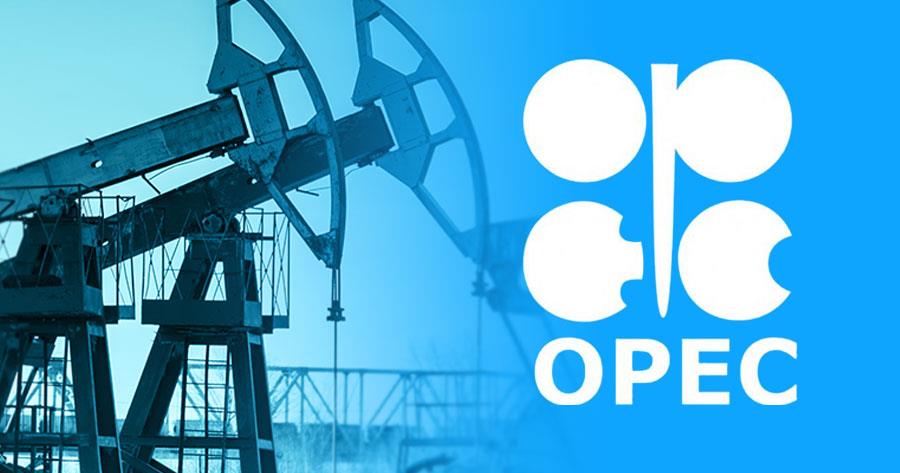
OPEC+ Faces Hesitation Over Production Cuts Amid Supply Surplus

Oil traders are expressing doubts over OPEC+'s ability to implement production cuts next year, despite forecasts predicting a looming global supply surplus that could push prices even lower. A recent survey conducted by Bloomberg News revealed that nearly two-thirds of 25 brokers and analysts expect the oil-producing bloc to refrain from reducing its output in 2026, despite the market's increasing vulnerability to a glut in oil supply.
The expectation that OPEC+-comprising the Organization of the Petroleum Exporting Countries and its key allies, including Russia-will keep its production levels unchanged signals a shift in market sentiment. While the oil cartel has historically acted to stabilise prices through coordinated production cuts, the current outlook suggests a more cautious approach amid concerns over the group's long-term strategy and the evolving dynamics of the global energy market.
OPEC+'s output decisions have been a pivotal factor in shaping oil prices. After the pandemic-induced price collapse of 2020, the group has gradually loosened its grip on production limits. However, analysts now question whether the collective will take the bold step of further tightening supply, especially given the weakening demand forecast and the rise of alternative energy sources.
The survey responses indicate that only 30% of analysts believe OPEC+ will decide to scale back production in 2026. This would be the first such move in over two years, underscoring a significant shift in both market expectations and the broader oil strategy. Most traders appear to be more aligned with the notion that OPEC+ will maintain its current production levels or continue with modest adjustments, given the economic backdrop and external pressures from non-OPEC countries ramping up their own output.
See also FAB's Green Bond Sets New Benchmark With Strong DemandThe projected surplus in the global supply chain stems from a combination of factors, including surging shale production in the United States and a rebound in non-OPEC member output. With a multitude of countries continuing to increase their oil production, the global market is at risk of being oversupplied, potentially driving prices even lower than they already are. Analysts also point to the stabilisation of demand growth, especially in key consuming regions like Asia and Europe, as another contributing factor to the prevailing bearish sentiment.
The ongoing shift toward cleaner energy sources, including solar, wind, and electric vehicles, has intensified scrutiny on fossil fuel demand projections. This long-term trend is further compounded by the growing focus on sustainability within financial markets, which has reduced the level of investments directed toward traditional oil projects. As oil markets transition, OPEC+ faces mounting pressure not only from supply and demand dynamics but also from political and environmental considerations that could limit its room for manoeuvre.
On the supply side, the US has emerged as a key player, with its shale oil production continuing to expand, benefiting from technological advancements and improved efficiency. The US oil industry has recovered from earlier setbacks and is now able to ramp up output, contributing to the global glut. While OPEC+ members have been cautious about increasing their own production too rapidly, this has not been the case for many non-member countries.
The evolving geopolitical landscape is also influencing OPEC+'s production decisions. Countries such as Russia and Saudi Arabia, key OPEC+ members, face their own unique challenges, balancing domestic political considerations with global market demands. The Saudi-led oil group has historically sought to maintain market stability and protect its market share, which could influence the group's decisions in 2026. However, some analysts remain sceptical about the group's ability to act in unison amid increasing internal competition and diverging national interests.
See also Mlak Finance Exits Egypt With EGP 400 Million SaleDespite these challenges, the oil market remains highly sensitive to shifts in production. Any unexpected move by OPEC+ could lead to sharp price volatility, further complicating the group's strategy. However, given the broad consensus against aggressive cuts, the likelihood of a major policy shift appears minimal.
Notice an issue? Arabian Post strives to deliver the most accurate and reliable information to its readers. If you believe you have identified an error or inconsistency in this article, please don't hesitate to contact our editorial team at editor[at]thearabianpost[dot]com. We are committed to promptly addressing any concerns and ensuring the highest level of journalistic integrity.
Legal Disclaimer:
MENAFN provides the
information “as is” without warranty of any kind. We do not accept
any responsibility or liability for the accuracy, content, images,
videos, licenses, completeness, legality, or reliability of the information
contained in this article. If you have any complaints or copyright
issues related to this article, kindly contact the provider above.


















Comments
No comment